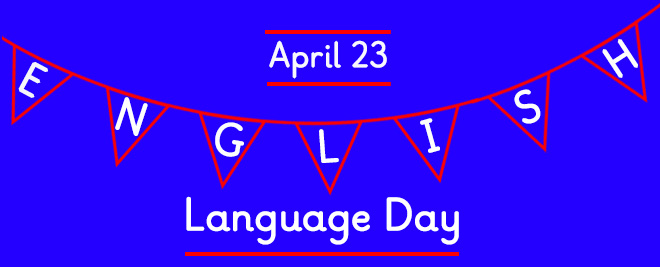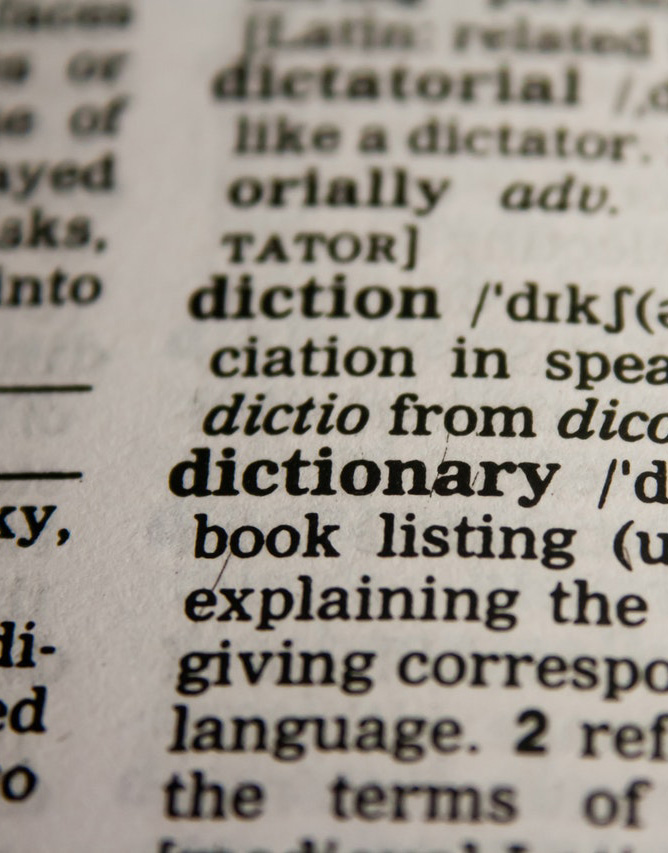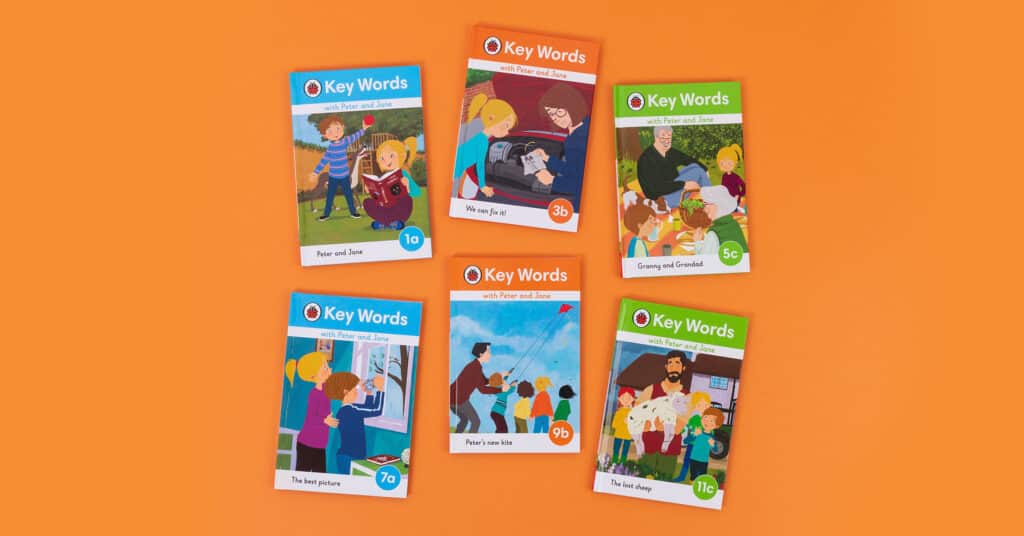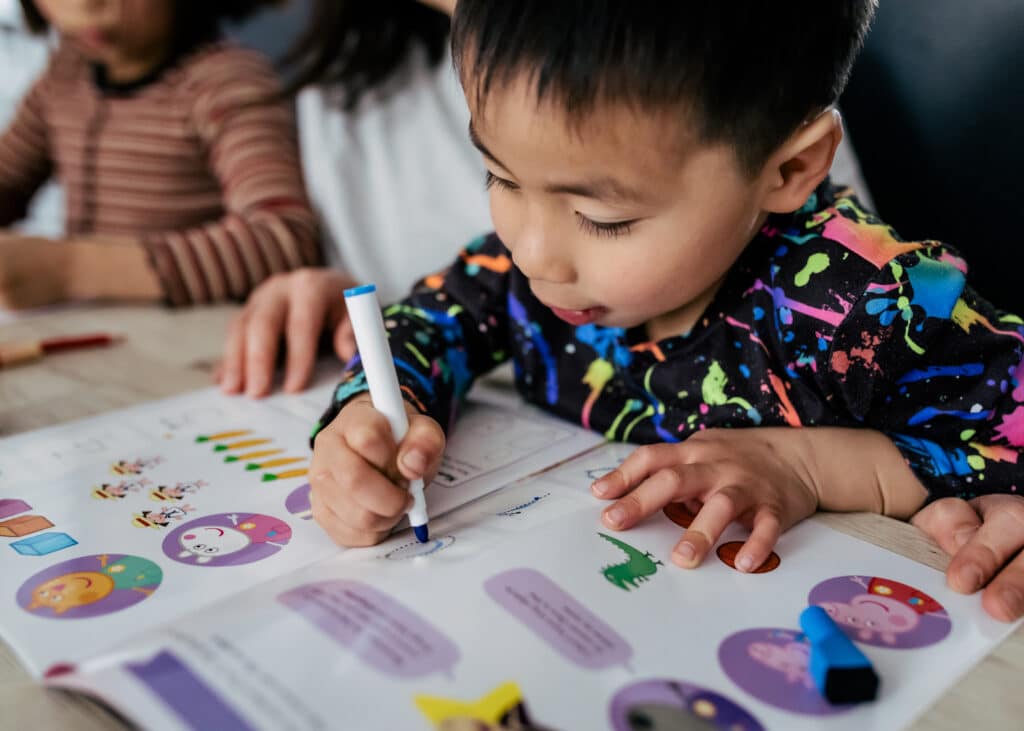How to Celebrate English Language Day in the Classroom
These ideas, games and activities will help you celebrate English Language Day and encourage your learners to pursue a second language.

Did you know that English is used as a first language in over 100 countries and has been used for over 1,000 years? We celebrate this incredible language every year on the 23rd of April, on English Language Day. The day itself is extra special for two other reasons: it is both St George’s Day and Shakespeare’s birthday, so it sits in very good company!
Why not commemorate the language and this wonderful day with your learners through sharing of ideas, games and activities which will encourage them to learn it as a second language. We’ve compiled some ideas to get you started.
Host a quiz
A quiz is a great way to get your learners to put their thinking caps on and challenge them on wider knowledge related to the English language. Here are a few quiz questions to get you started!
1. Can you name three countries that use English as their first language?
2. Can you name three Shakespeare plays?
3. Can you say hello in English in five different ways?
4. What two polite words do English people use a lot?
Answers:
1. England, Canada, America, Australia, Ireland, New Zealand etc.
2. Hamlet, Romeo and Juliet, Macbeth, The Tempest, A Midsummer’s Night Dream, etc.
3. Hi, hello, hiya, hey, what’s up, good morning.
4. Please and thank you
Silent letters game
Challenge your learners to think about pronunciation and how this differs from the written version of the word. English can be a tricky language; it is not always easy to recognise the silent letter! Understanding and recognising these letters is an important tool for both spelling and pronunciation. Try this challenge in your class and ask them how quickly they can read these words, and then identify the silent letter in each case.
Lamb
Castle
Island
Gnaw
Handkerchief
Calm
Raspberry
Whistle
Foreign
Tongue twisters
Pronunciation can be hard work in English. It is not a phonetic language – so what we write is not always what we say! This can be difficult for students whose own language is phonetic, however, there are ways to guide them through this understanding without being too serious. Tongue Twisters are a fun way to challenge your class and demonstrate this. Try these phrases, and see how quickly they can get through them without making a mistake.
She sells seashells on the seashore.
Red lorry yellow lorry.
Peter Piper picked a peck of pickled peppers.
Nine nimble noblemen nibbling nuts.
Formal, informal, or slang game
Ask your pupils to look at a particular word, and rank in order of formality. It may seem obvious, but for second-language learners, it can be tricky and is a great way to teach the differences between formal and informal speech. Why not look at all the different ways you can say goodbye in English and identify the words in degrees of formality:
Cheerio!
Bye
See ya
See you later
Goodbye
See you soon
Laters!
Bye-Bye
Farewell
Celebrate Shakespearean language
Choose a Shakespeare play with a film adaptation that you think will be suitable for your group of learners. Find an important scene and play it to your class, with the sound off. Next, ask them to come up with the dialogue in two different ways: modern-day language, then Shakespearean language. Once they have come up with their versions, ask them to read aloud and discuss the differences.
Shakespeare’s birthday party
As your learners to plan a party for Shakespeare. They can think about a suitable venue, dress code and food. Encourage them to be as creative as possible and think about both the past and the present. When complete, ask them to present the ideas to the class. You could select the most interesting ideas and use them to create an actual birthday party, too.





